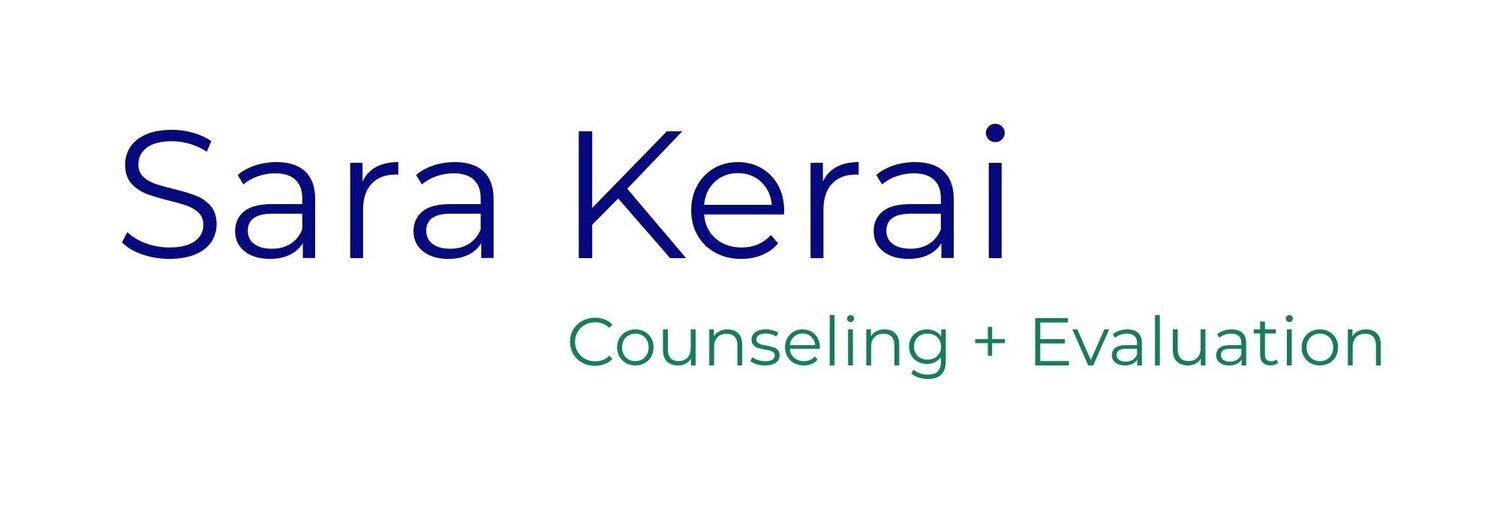When should people with cancer seek therapy?
A diagnosis of cancer can be shocking and overwhelming. My clients have told me that it feels like they have been transported to another planet or a foreign land. So much of the narrative in our culture is about “being strong” and “fighting” or “beating” cancer valiantly, that it does not leave much room for expressing fear, anger, or anxiety. It’s also a set up for failure. If my cancer spreads or doesn’t respond to treatment, is it my fault? Have I done something wrong, or did the cancer treatment fail me? Or perhaps you have finished cancer treatment —it’s behind you— but you don’t quite feel like celebrating. Your world has been rocked, and you still are coping with uncertainty, anxiety, or even trauma.
There are many valid reasons why you might want to talk to a cancer therapist. Just a few of the common themes that come up in therapy sessions are:
Coping with overwhelming feelings associated with a new diagnosis;
Coaching for communicating with your oncologist and the rest of your health care team;
Coaching for communicating with your family about what you need at this time;
Shoring up your support system;
Coping with changes in family dynamics and/or work dynamics;
Managing anxiety, depression, and side effects of cancer treatment;
Intimacy/sexual and body image issues;
Discussing your goals of care, individually and with your family;
Parenting concerns.
Adjusting back to your “normal” routine after you finish treatment… but nothing seems normal anymore.
Sound helpful? Sound familiar? You are in the right place. Contact me and let’s talk about what is on your mind.





